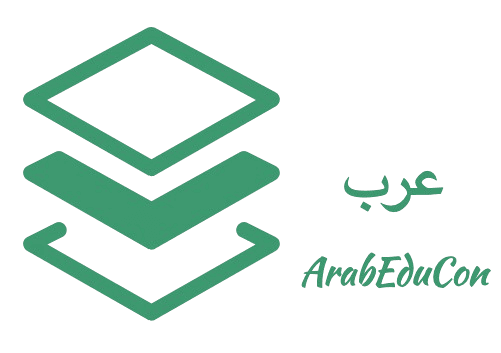Innovations in Education: Exploring Emerging Educational Technologies in the MENA Region
NA
Introduction
The MENA region, known for its rich history and cultural diversity, is rapidly embracing technological advancements in the education sector. As educational needs evolve, so do the tools and technologies that support learning. This blog post delves into the emerging educational technologies reshaping classrooms in the Middle East and North Africa.

Adapting to Digital Classrooms
The shift towards digital classrooms has been a significant trend in the MENA region. Schools and universities are increasingly integrating online learning platforms to provide students with access to resources anytime, anywhere. These platforms offer interactive modules, video lectures, and discussion forums, enhancing the learning experience.
One of the most notable advancements is the use of Learning Management Systems (LMS), which allow educators to manage course content, track student progress, and facilitate communication. This shift not only supports traditional learning but also opens doors to personalized education.
Blended Learning Models
Blended learning models, which combine in-person and online education, are gaining traction in the MENA region. This approach offers flexibility and caters to diverse learning styles. Institutions are leveraging this model to provide a more comprehensive and engaging education experience.

Artificial Intelligence in Education
Artificial Intelligence (AI) is playing a pivotal role in transforming education by providing personalized learning experiences. AI-driven platforms can analyze a student's strengths and weaknesses, offering customized recommendations to enhance their learning journey.
Furthermore, AI tools are being used for administrative tasks, freeing up educators to focus more on teaching and less on paperwork. The efficiency brought by AI is helping institutions streamline operations and improve overall educational outcomes.
Intelligent Tutoring Systems
Intelligent Tutoring Systems (ITS) are another innovative example of AI application. These systems provide real-time feedback and support to students, acting as virtual tutors that enhance understanding and retention of complex subjects.

Virtual and Augmented Reality
In the realm of immersive learning technologies, Virtual Reality (VR) and Augmented Reality (AR) are making significant strides. These technologies offer students an interactive way to explore subjects such as history, science, and medicine.
By creating realistic simulations and environments, VR and AR engage students in ways traditional methods cannot. This immersive experience helps students develop critical thinking and problem-solving skills by allowing them to explore scenarios first-hand.
Applications Across Subjects
From virtual field trips to simulated laboratory experiments, VR and AR applications span across various subjects. Educators in the MENA region are increasingly incorporating these technologies to foster a more engaging and effective learning environment.

The Future of Education in MENA
The future of education in the MENA region looks promising as institutions continue to adopt and integrate cutting-edge technologies. These innovations not only enhance learning outcomes but also prepare students for a world where digital literacy is crucial.
As technology continues to evolve, it is essential for educators and policymakers to stay informed and adapt to these changes. By embracing emerging educational technologies, the MENA region can ensure that its students are equipped with the skills needed for success in the 21st century.
